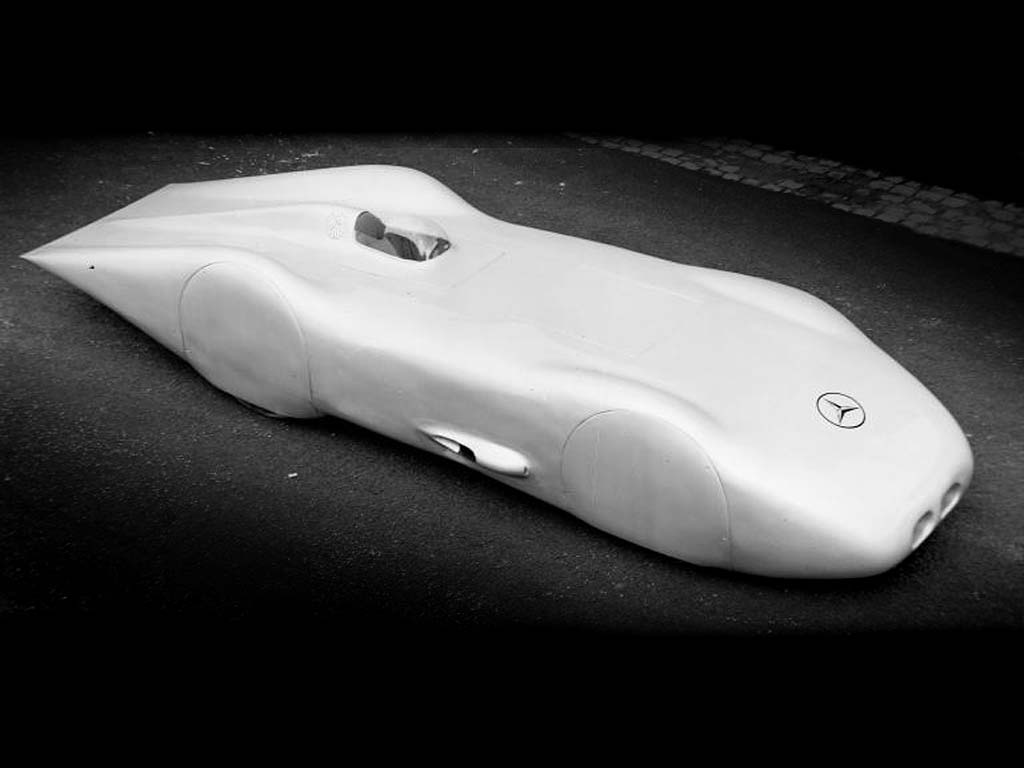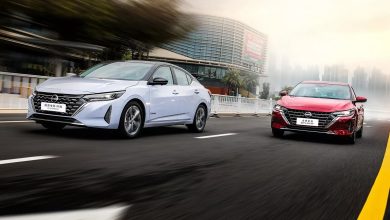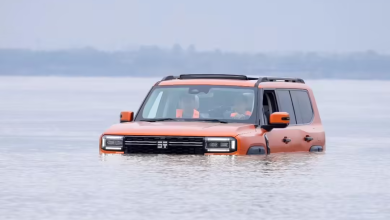German Minister Dismisses Calls For Autobahn Speed Limit
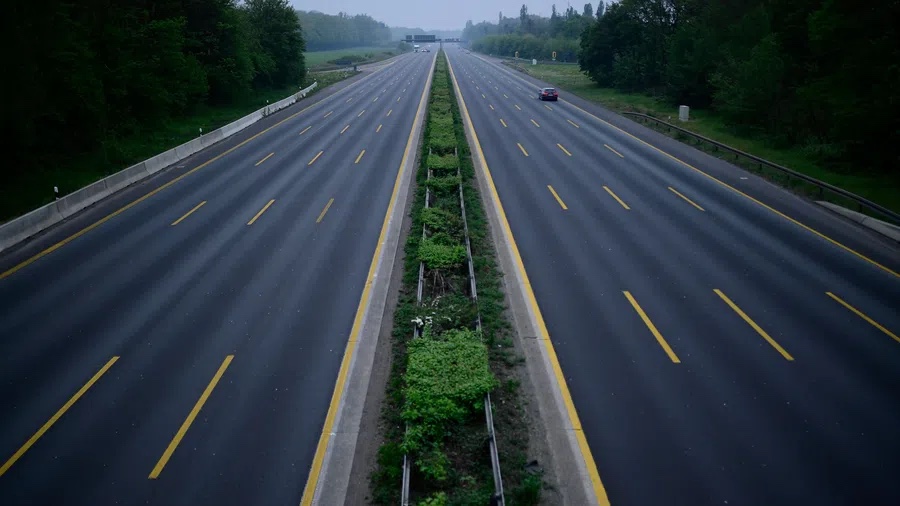
The autobahn speed limit debate heats up once again in the run up to Germany’s national election.
While Germany may perhaps be more widely known by the masses for its bratwursts, beers and perhaps a certain Austrian with a silly moustache, petrolheads meanwhile are perhaps more familiar with Deutschland as being the home of the Nurburgring and the autobahn.
A magical place where petrolheads can fully let their hair down and fully open the taps on their ‘bahnstormers, there has unfortunately though been a persistent call for these derestricted stretches of paradise to feature a speed limit. The latest of which comes from the Greens, who once again along with the Social Democratic Party and the Left Party have spoken out recently on this matter ahead of Germany’s national election this coming September.
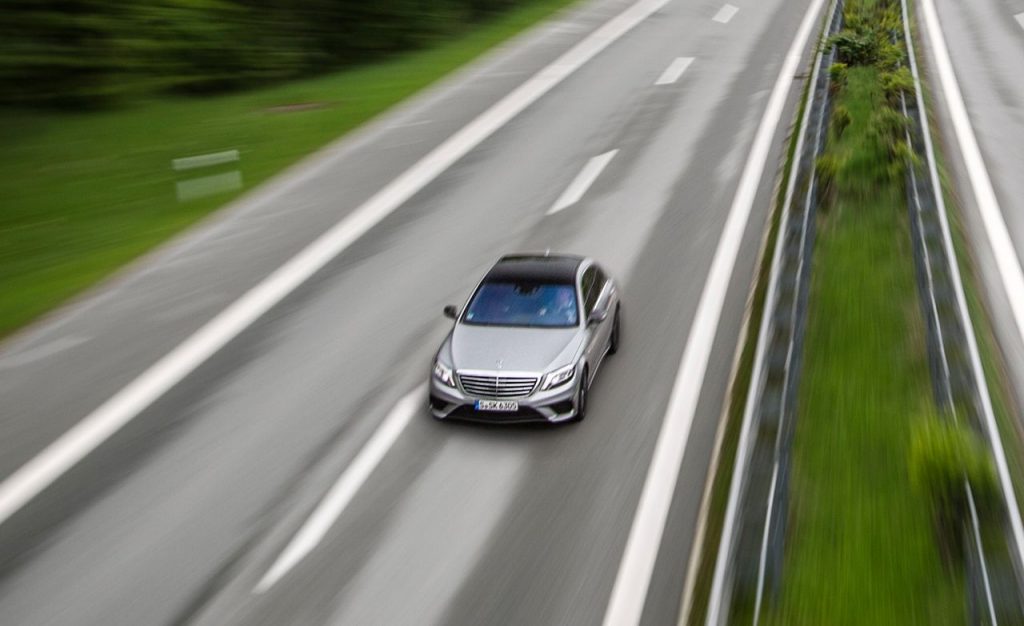
Once only arguing for the safety aspect of things however, it appears that the proponents of a speed limit on the autobahn have found another angle to bolster its proposal. And that angle comes in the form of the environmental impact attributed to the autobahn, with the reasonable claim that a derestricted highway being the antithesis to Germany’s goal of achieving its carbon neutrality aims by 2045.
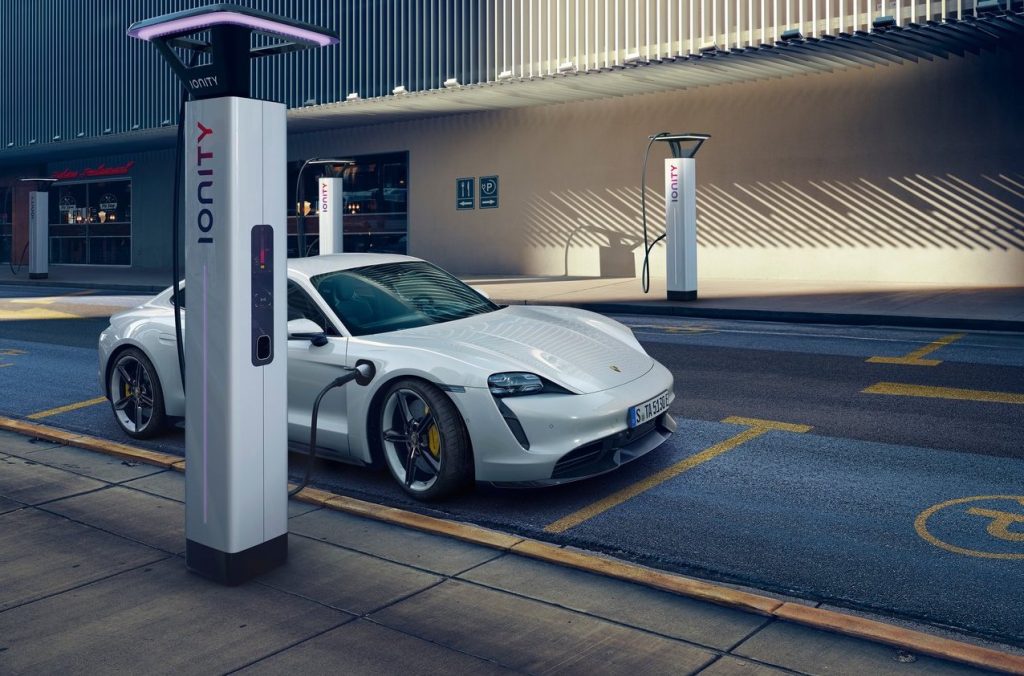
Fortunately for the defenders of this derestricted highway though, there are several prominent people in power that believe strongly in preserving the rules of the autobahn as it stands today. Like the current German transport minister Andreas Scheuer for instance, who toed party lines by coming out in support of keeping speed limits far away from the highway.
“The argument for a general speed limit is a political instrument of war, for some even a fetish,” the Christian Social Union (CSU) politician stated recently. “When making a choice, citizens can decide whether they want freedom of mobility – or restrictions and bans. And the Greens are firmly in the latter camp.”
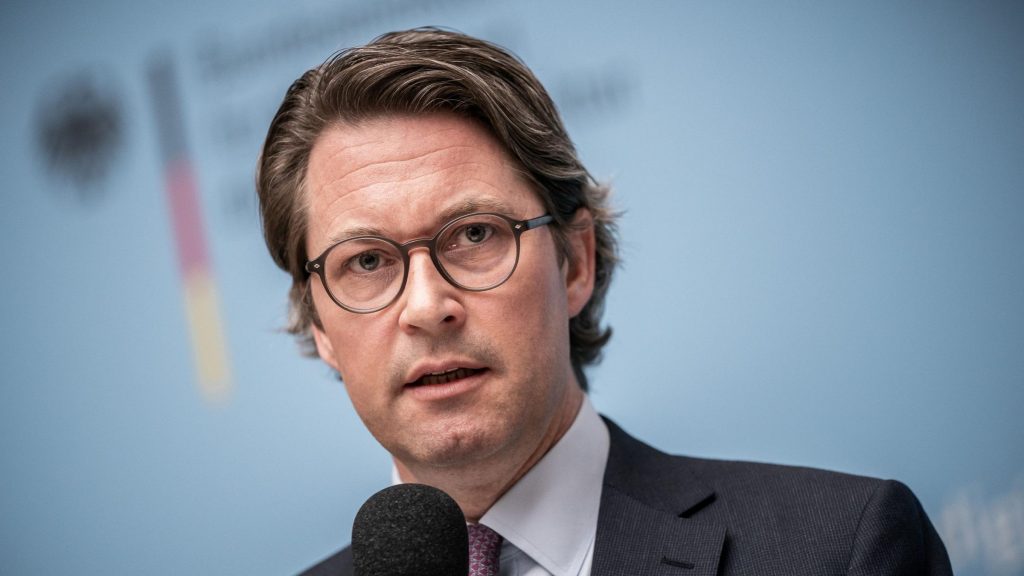
Christian Democratic Union (CDU) leader and chancellor candidate Armin Laschet has also spoken out against an Autobahn speed-limit in recent weeks too, suggesting that innovation rather than new laws would be the answer to the climate crisis. “Why should an electric vehicle that doesn’t cause CO2 emissions not be allowed to drive faster than 130? That is illogical,” he added.
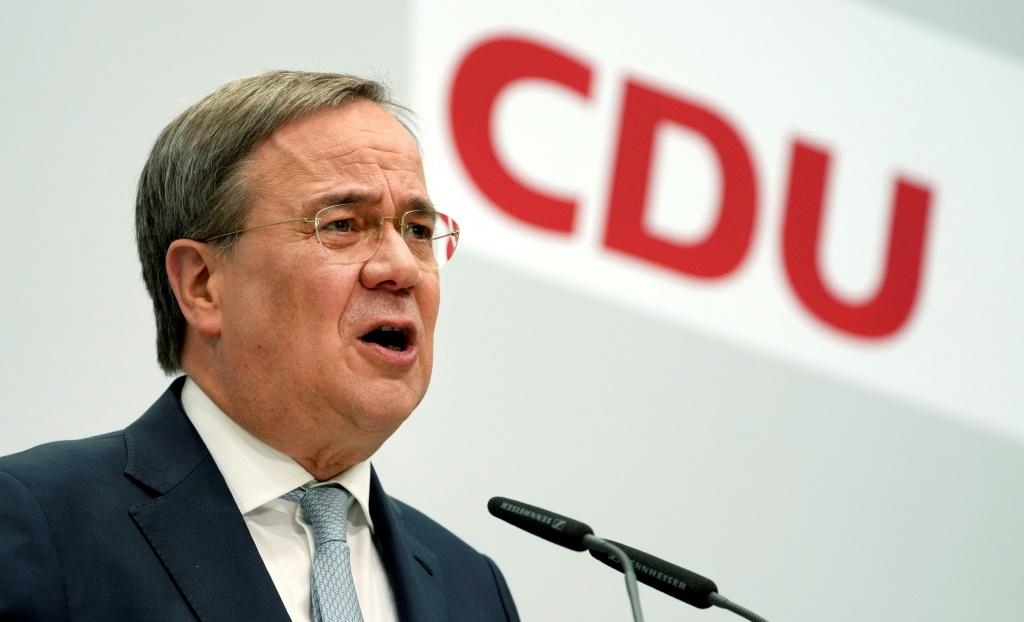
Now in an attempt not to get too lost among the weeds of the political spin surrounding this hotly debated topic, it is worth highlighting once again that the implementation of an Autobahn speed limit is a mainstay in German politics that rears its head every election season. In the interest of political balance too, it is also probably worth pointing out that much of the autobahn these days do in fact actually have a 130 km/h speed limit, with only very few sections still featuring that round white sign with black stripes across it.
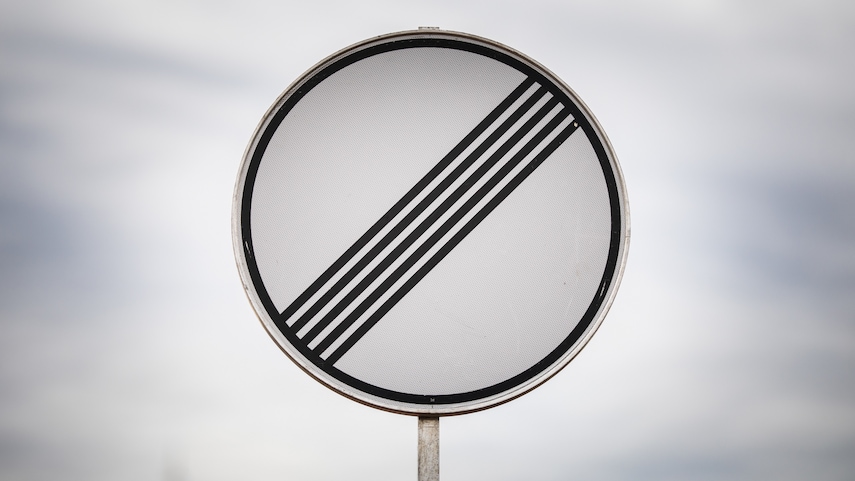
Before speedsters get too complacent however, recent polling suggest that the German political landscape there is a (slim) chance for the parties who currently support enacting speed limits on the autobahn to be in power come September. Rather more worrying also might be the fact that that with EVs and automation on the rise, it may not actually be technically possible to go flat out on the autobahn in the near future.
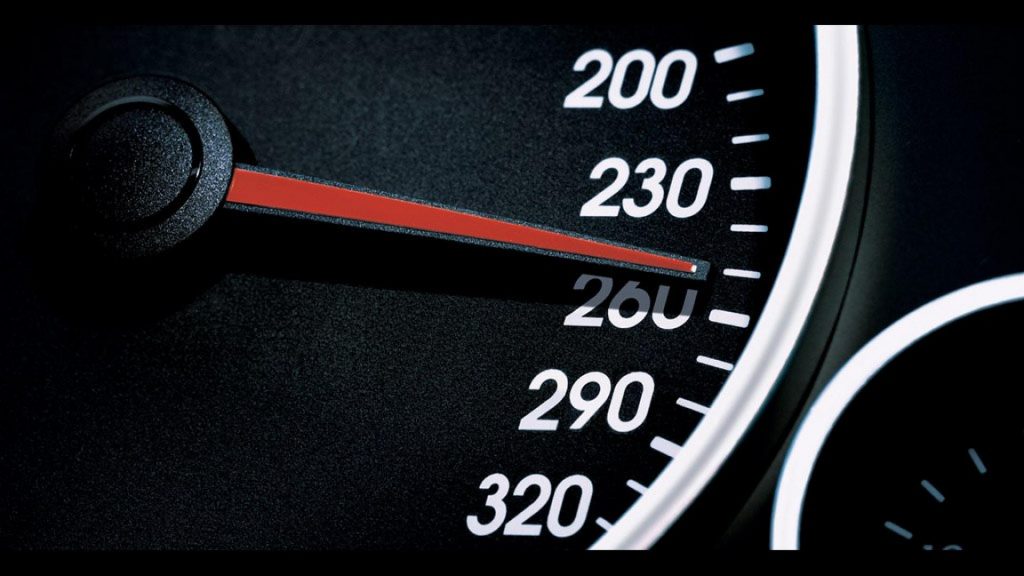
So to those who have the opportunity then, perhaps it is prescient to let those engines roar on the Autobahn while it is still legal to do so. And just as an aside, the fastest speed ever attempted on the public German highway is apparently 432 km/h (268 mph), which was achieved by a V12-engined Mercedes-Benz W125 back in 1938.
